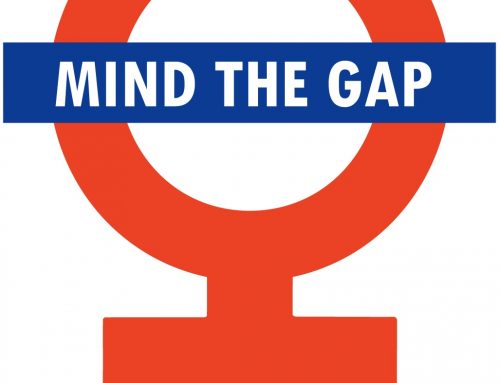 In 1963, President John F. Kennedy signed the Equal Pay Act into law. The Paycheck Fairness Act (S. 84/H.R. 377), which aims to update 1963’s Equal Pay act, is building momentum in Congress, buoyed by Sen. Barbara Mikulski and Rep. Rosa DeLauro. The Paycheck Fairness Act passed the House overwhelmingly in 2009, but failed in the Senate in 2009 and again in 2012. The Act will strengthen the Equal Pay Act and build upon the 2009 Lily Ledbetter Fair Pay Act. The Act will:
In 1963, President John F. Kennedy signed the Equal Pay Act into law. The Paycheck Fairness Act (S. 84/H.R. 377), which aims to update 1963’s Equal Pay act, is building momentum in Congress, buoyed by Sen. Barbara Mikulski and Rep. Rosa DeLauro. The Paycheck Fairness Act passed the House overwhelmingly in 2009, but failed in the Senate in 2009 and again in 2012. The Act will strengthen the Equal Pay Act and build upon the 2009 Lily Ledbetter Fair Pay Act. The Act will:
- Require employers to demonstrate that wage discrepancies between men and women are for reasons other than gender.
- Prohibit retaliation against workers who inquire about the company’s pay practices.
- Strengthen penalties for violations.
- Update the Equal Pay Act so that it is more in line with class action procedures available under Title VII.
- Reinstate the collection of wage-related data.
- Permit reasonable employee comparisons within defined geographical areas to determine fair wages.
- Provide safeguards for businesses including a waiting period to implement provisions and an exemption for small businesses.
While the Lily Ledbetter Act was certainly an important step forward for pay equality, its main benefit was “court access.” It restored the law to ensure that the statute of limitations renewed with each discriminatory paycheck. While the Paycheck Fairness Act seems like a fait accompli, there is a bit of surprising hesitation from some in Congress. In the words of Sen. Lamar Alexander, (R-TN): “Take me through exactly what would have to happen, with a specific example of a man and woman, where a man is being paid less than the woman,” Alexander asked during a Senate hearing. “Because this law is not just about women — it’s about men and women.”
When the original law was signed in 1963, women earned 59 cents to every dollar men earned. Today, that figure is about 81 cents. Equal pay is just part of the panoply of issues that must change to ensure true gender equality, but it is a step forward. What happens in the workplace when women are fully empowered to seek equal pay and challenge pay disparity? Do we make it more possible for mothers to pursue full-time employment if paying for child care is no longer as much of a burden? It seems that if women can match the earning power of men, we all win. Women contribute to the economy through productivity, driving revenues for companies, and as consumers with purchasing power. We reduce the burden on men to be the primary breadwinner. We show our children, especially our female children, what is possible when the playing field, at least in terms of pay, is leveled. Perhaps we regain a small amount of confidence in Congress to make the right and fair decision; their approval ratings are dismal. However, if the Paycheck Fairness Act fails to pass (again), we will not only maintain the status quo, but it will be a step backward for what should be a “no brainer.” A vote on the bill is expected on April 8, which is also “Equal Pay Day,” a day to raise awareness of pay disparity in this country. The onus is now on Congress: progress or regression?





